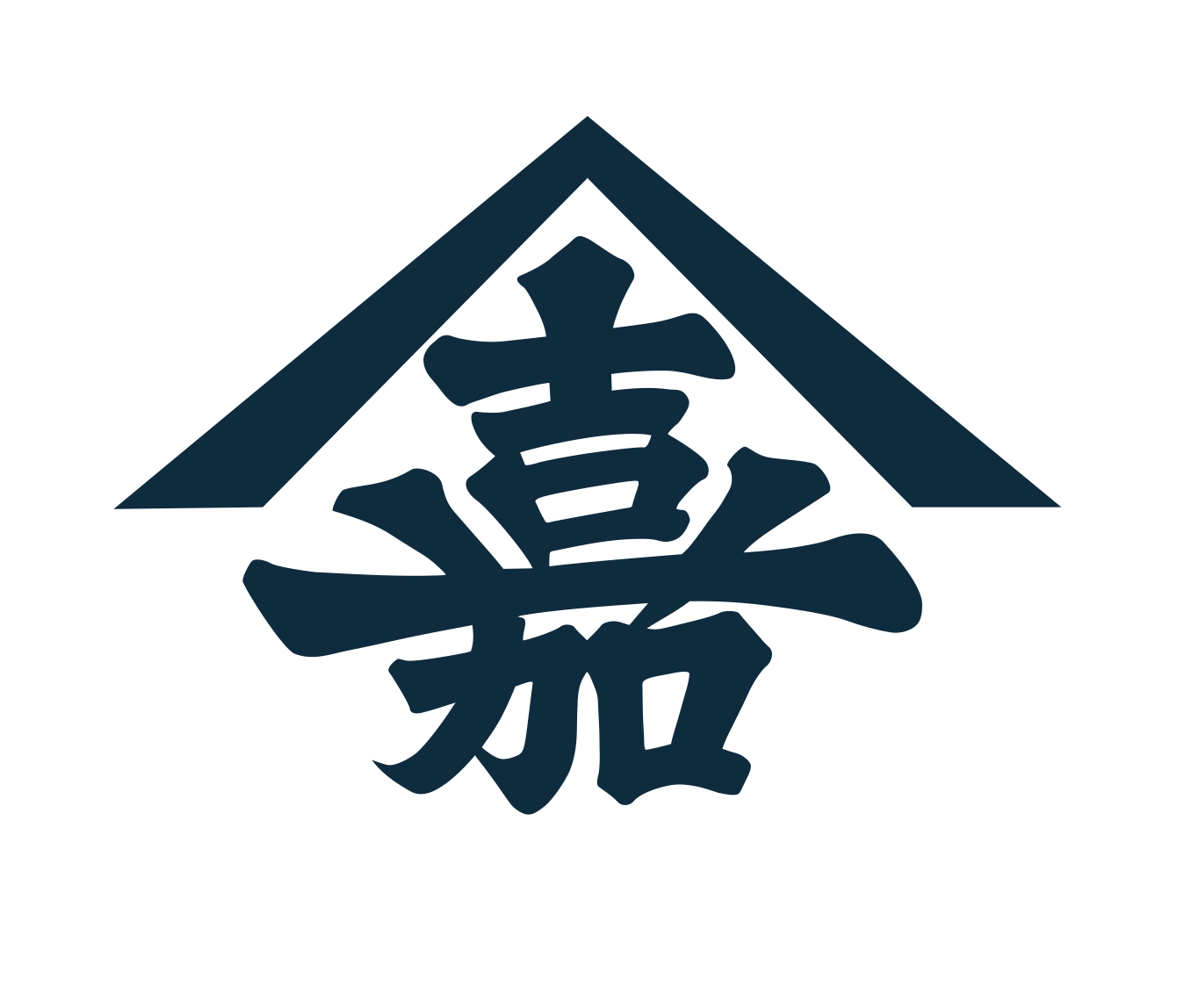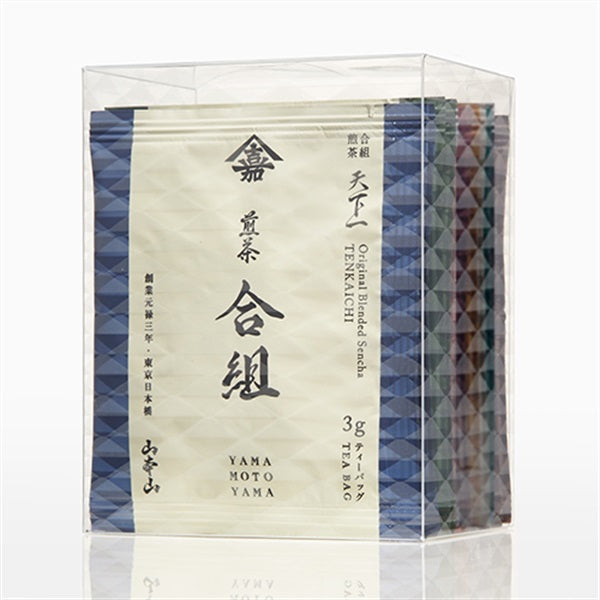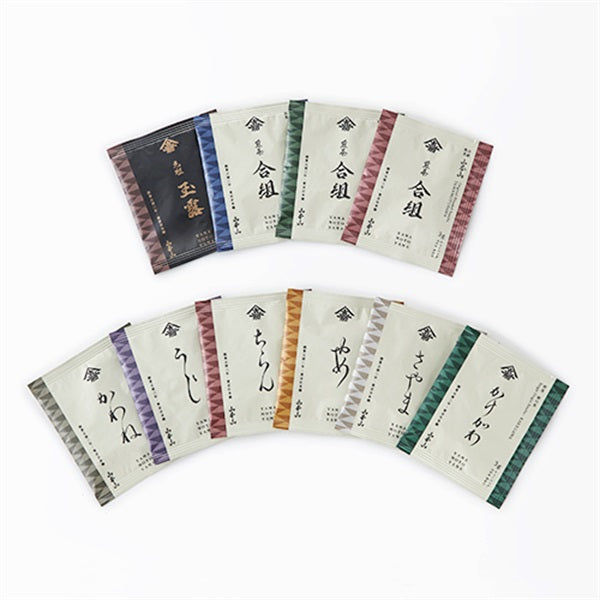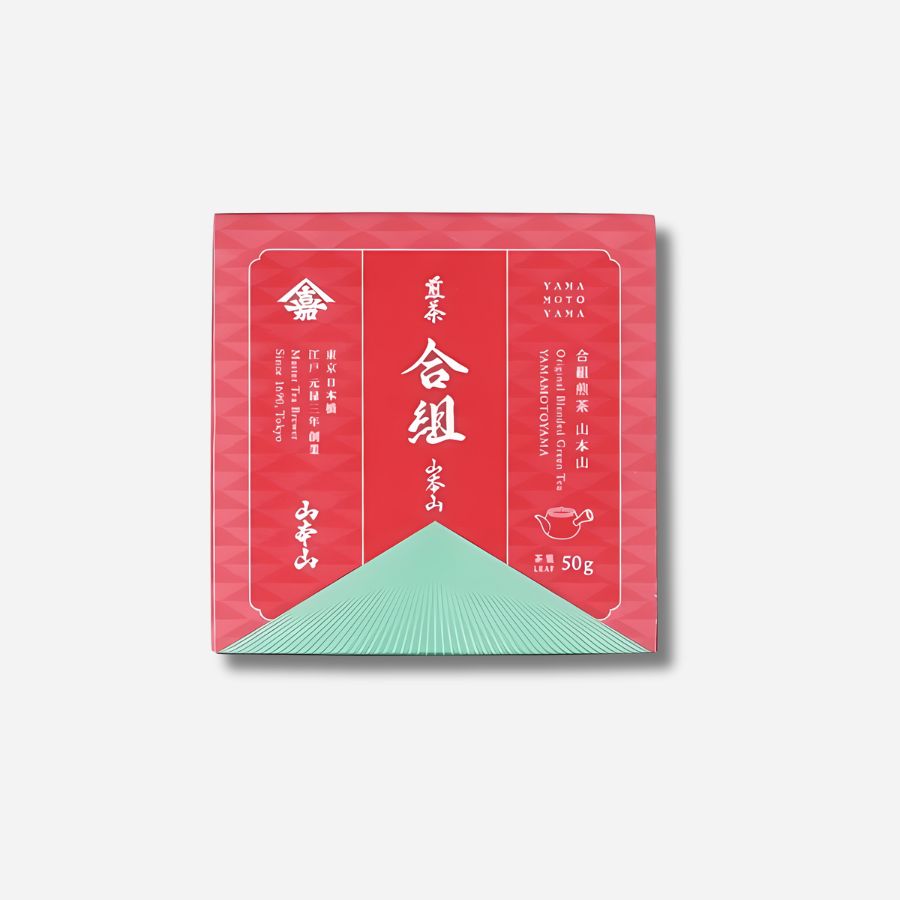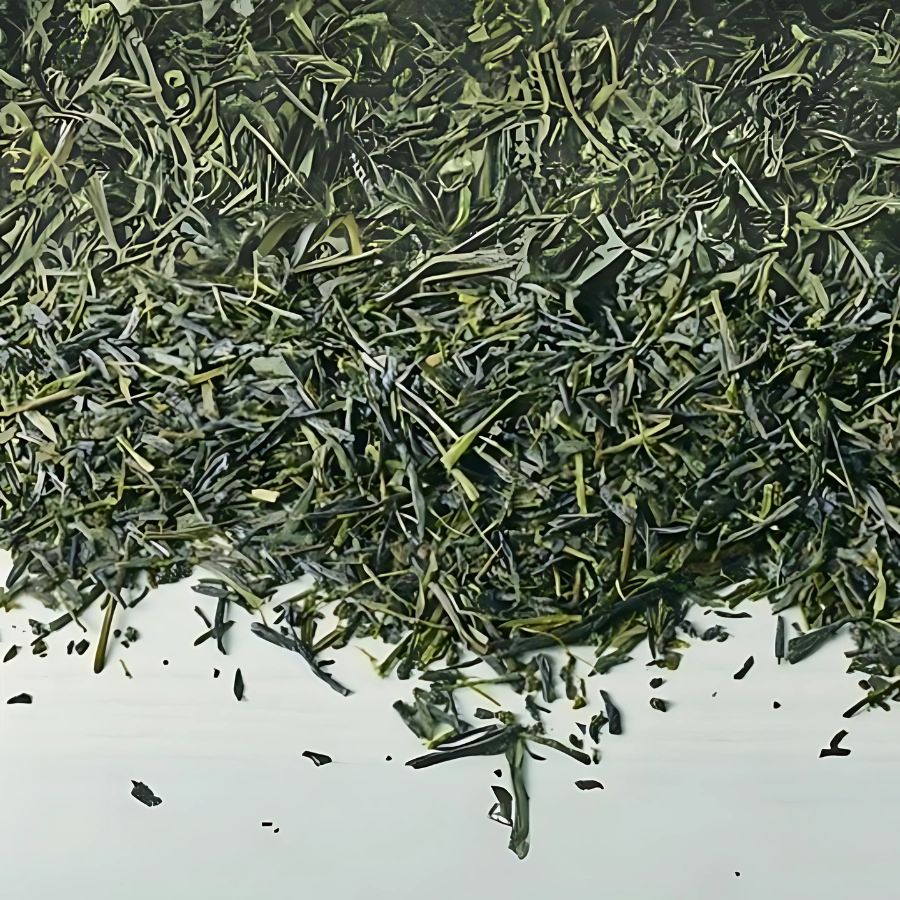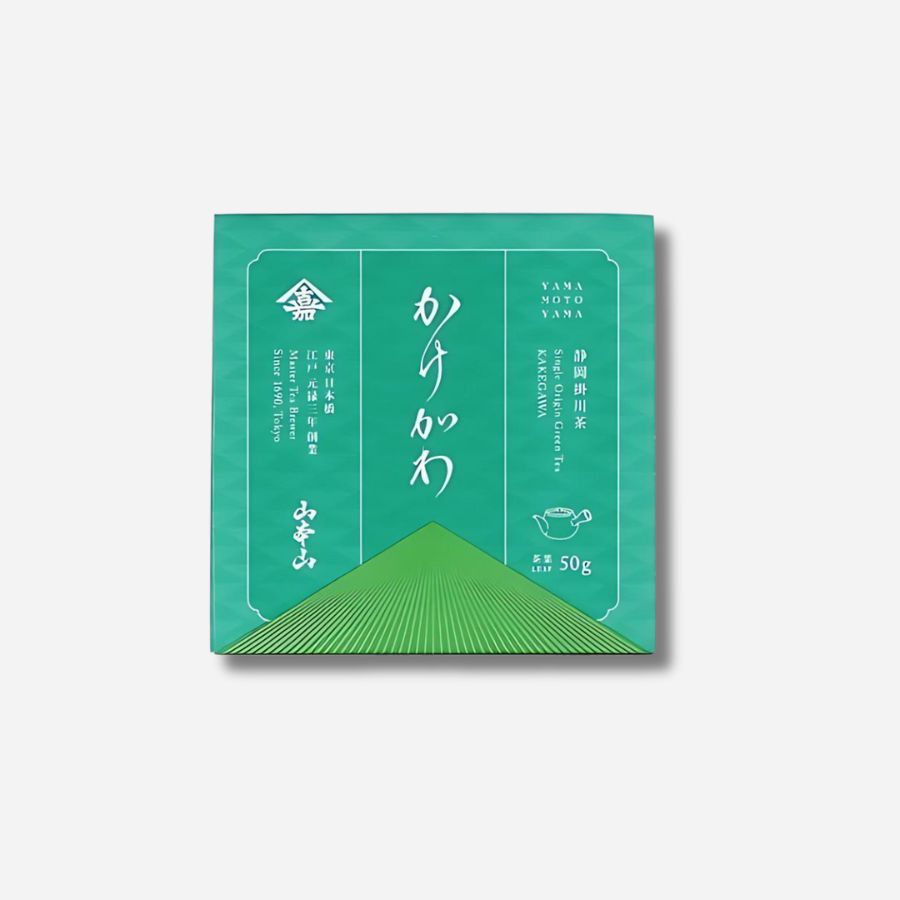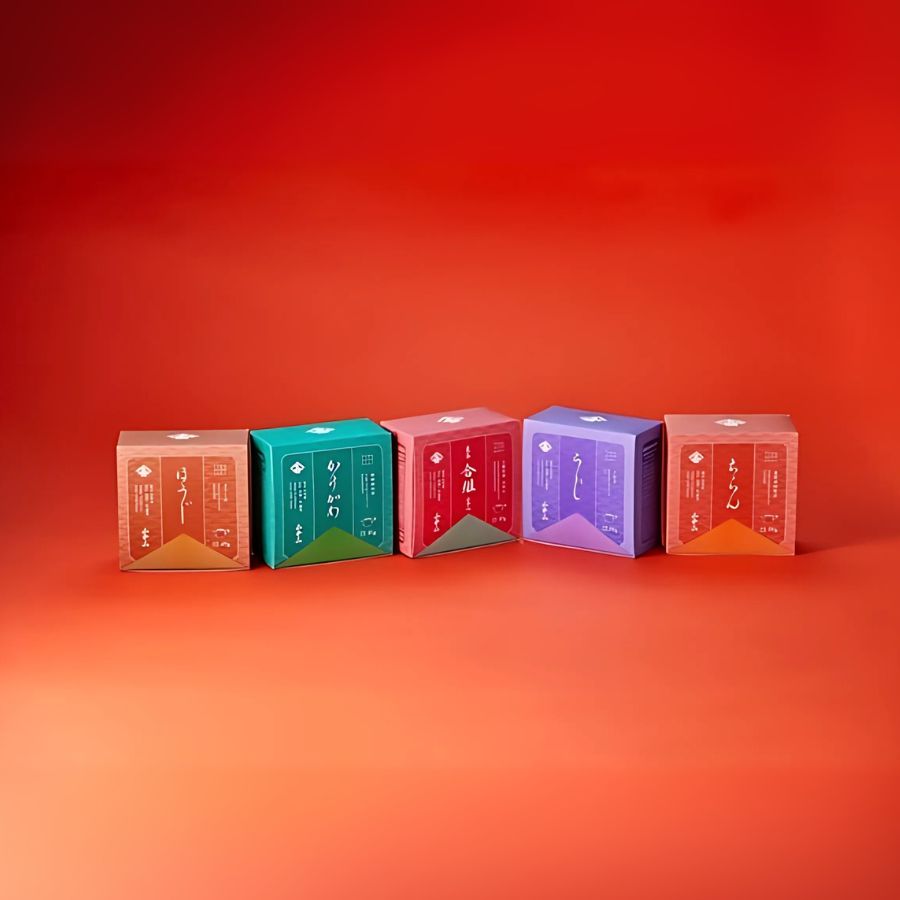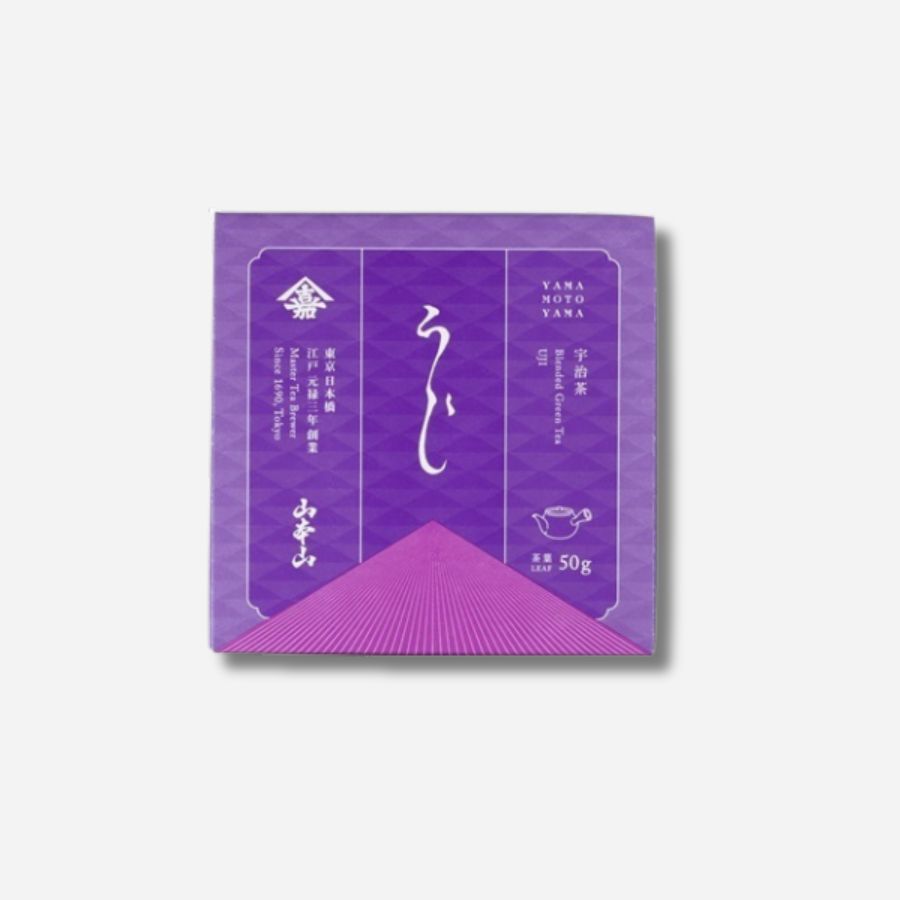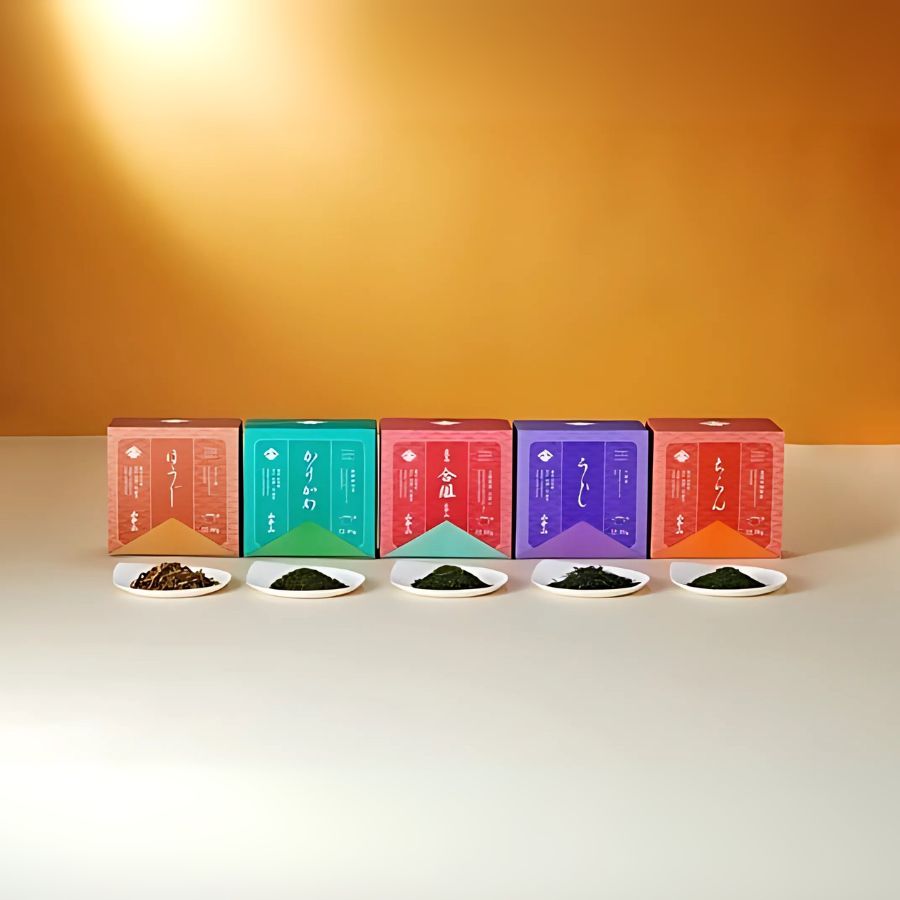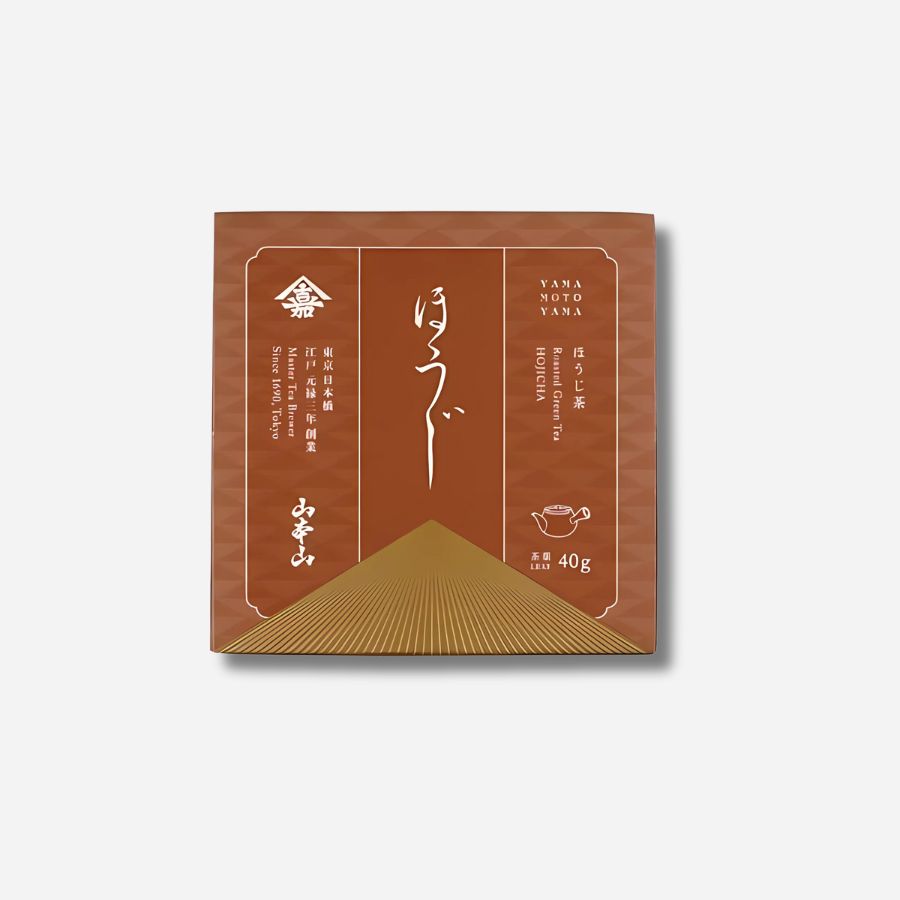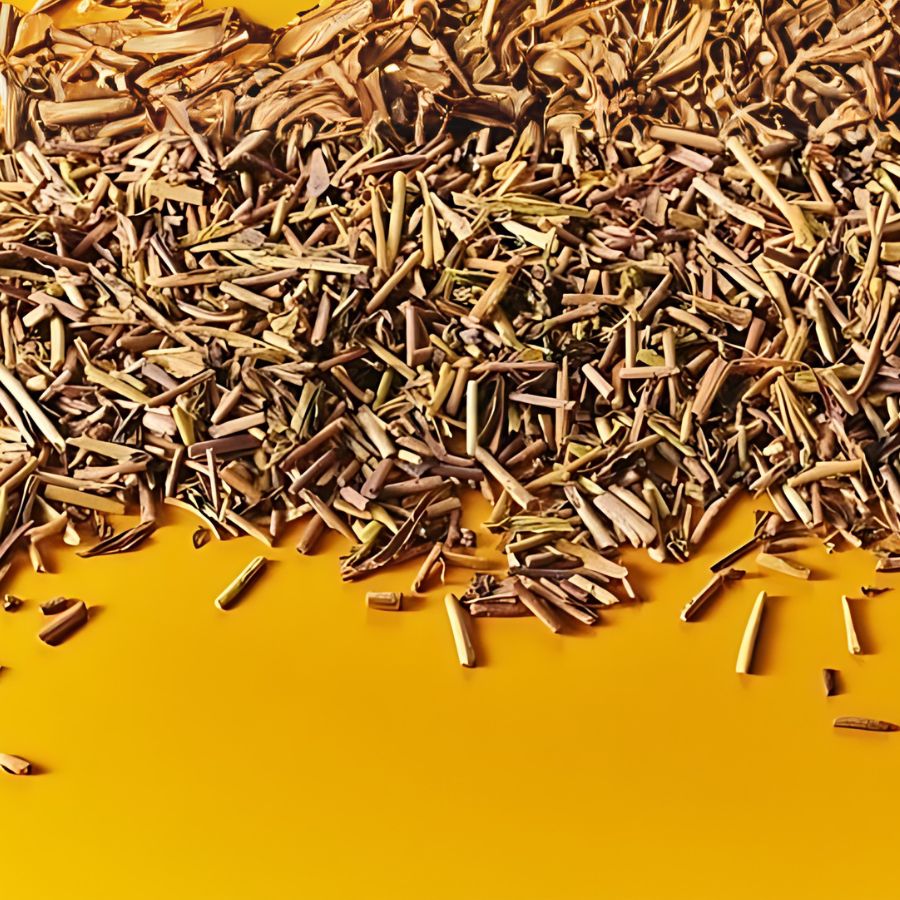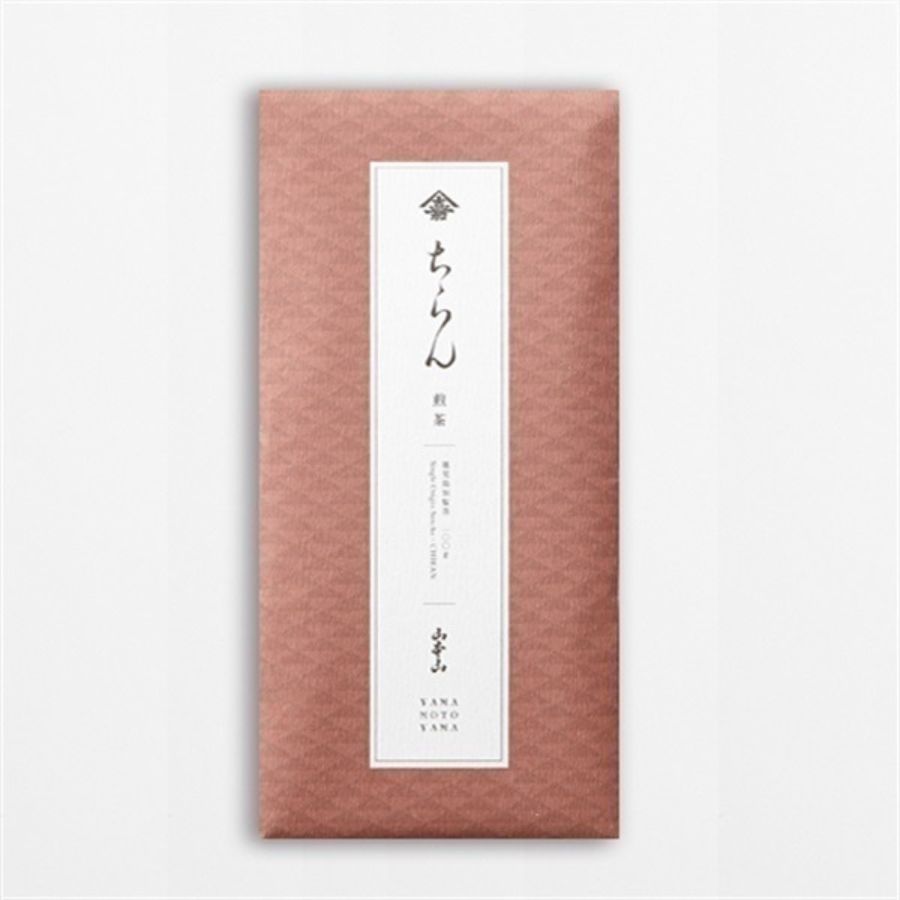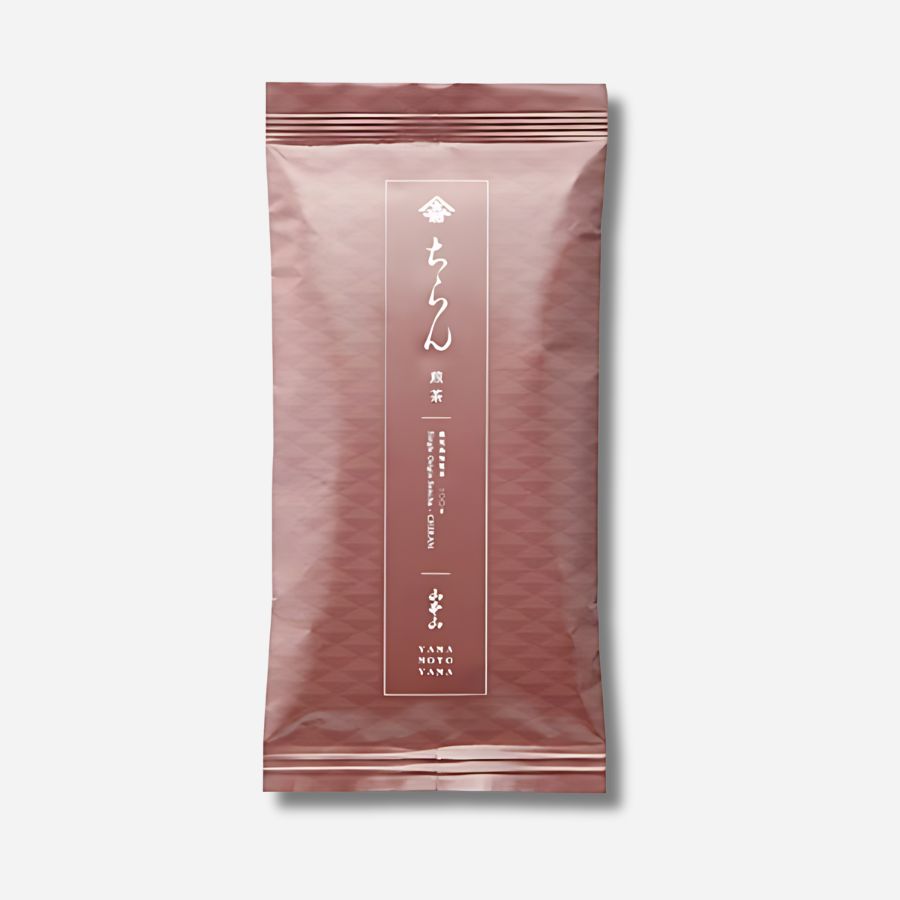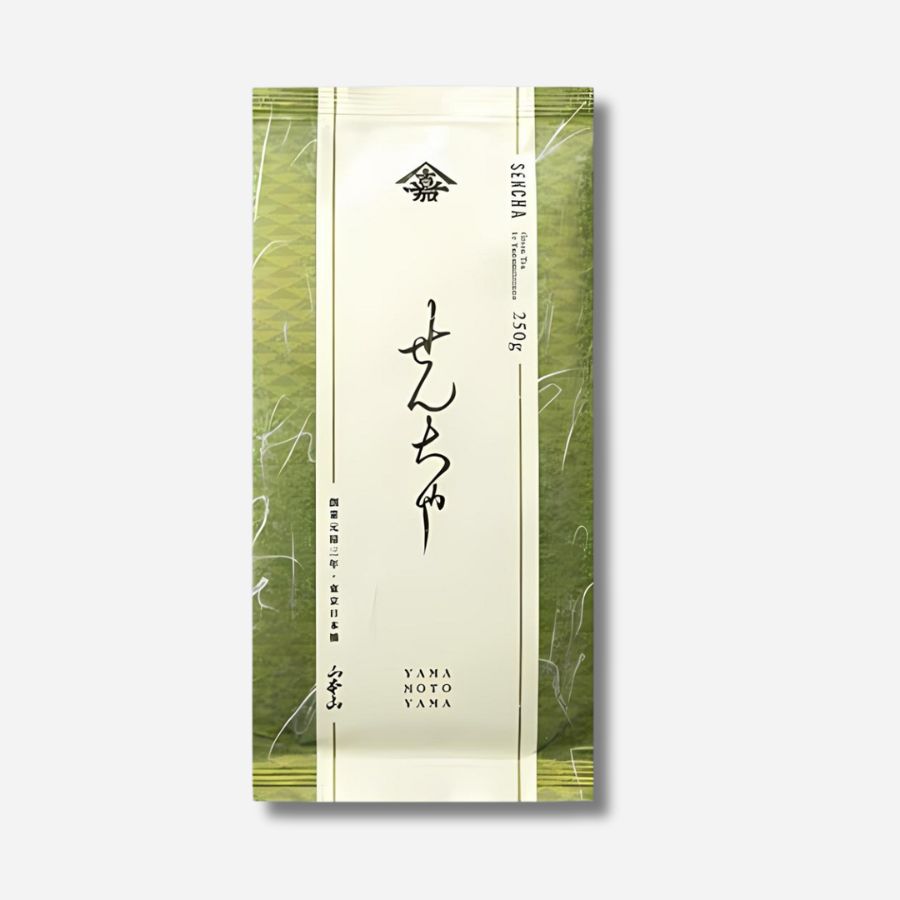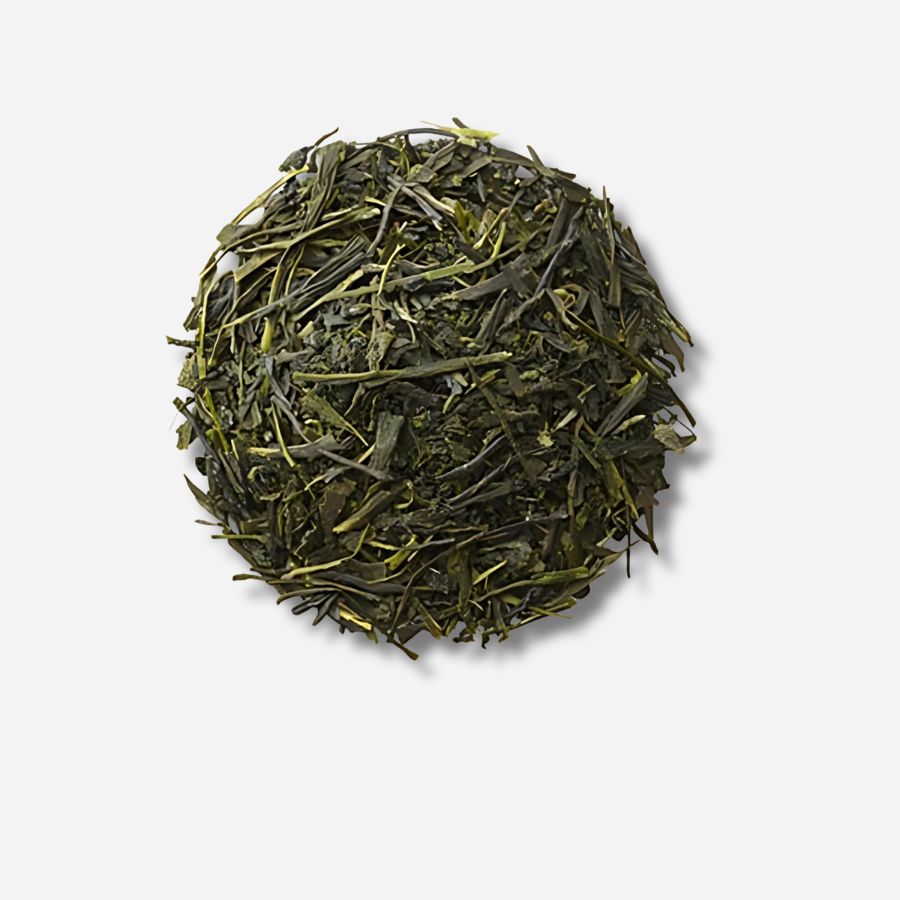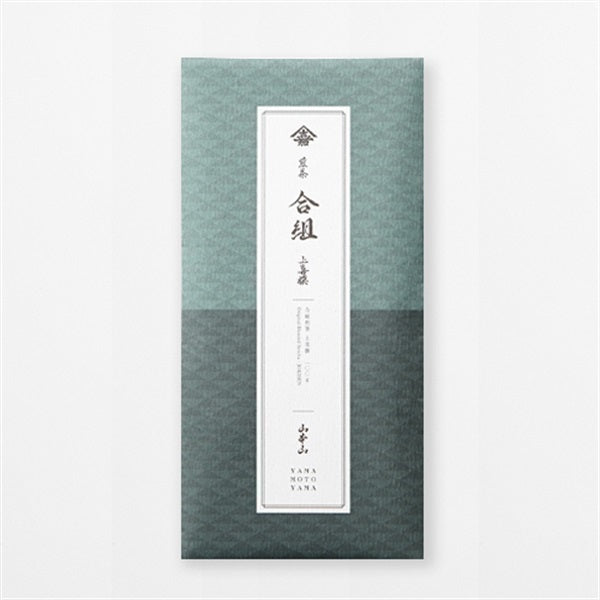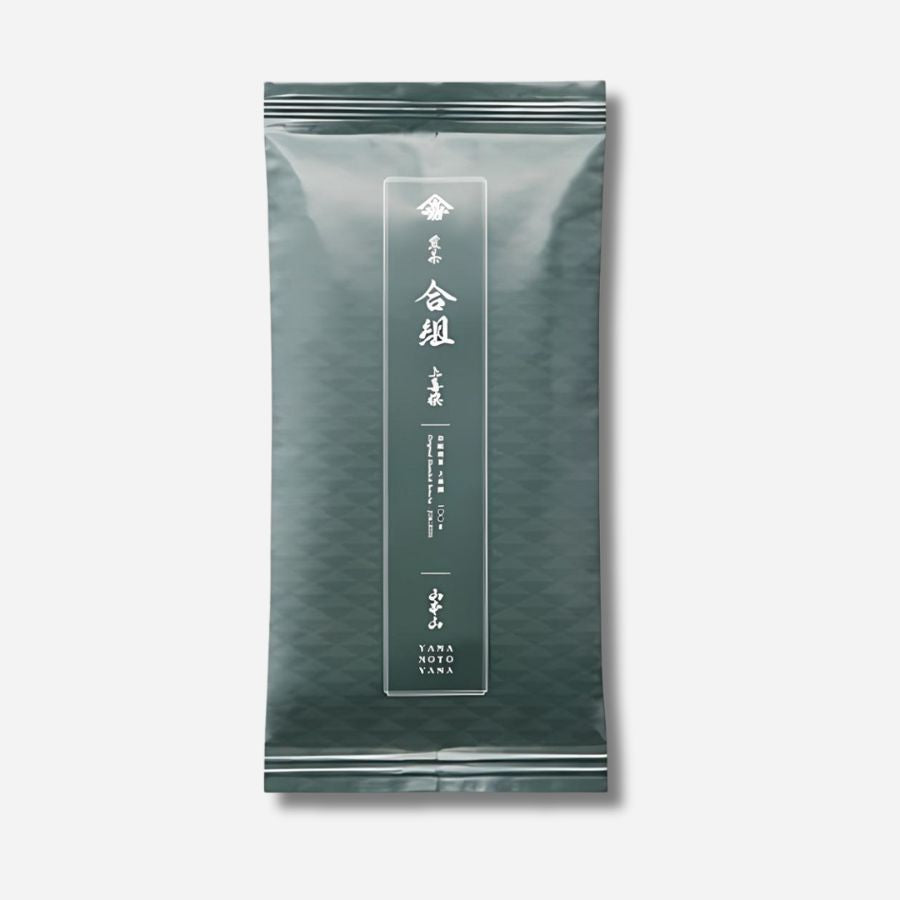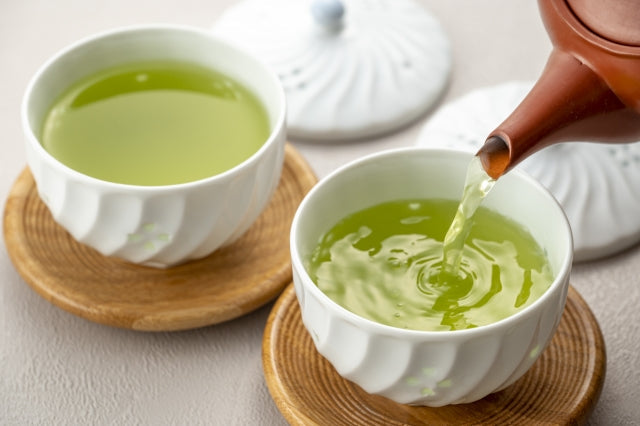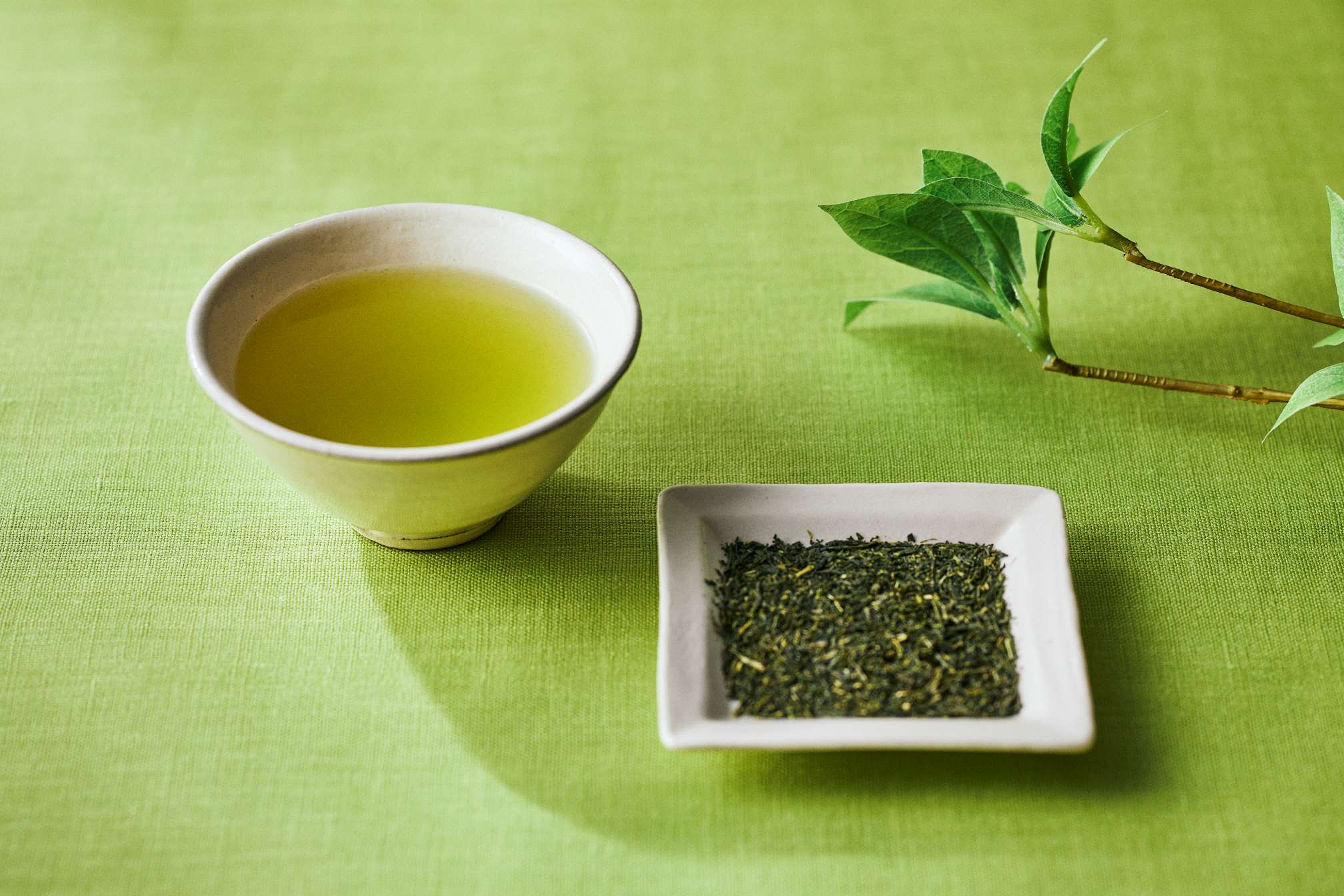
[Trivia about Tea] Understanding Japanese Culture through Proverbs and Idioms
- Introduction
- Tea-related proverbs and idioms
- Nonsense
- Tea leaves standing
- Tea belly is also temporary
- Boiling tea with your navel
- Make fun of
- Don't break up with morning tea
- Drink morning tea even if you are away from home
- Morning tea is a great way to escape the hardships of the day
- Morning tea brings good fortune
- Strong tea, poison for the eyes, medicine for the mind
- Good tea storage
- Tea and Zen
- Tea is a water plug
- Don't drink tea left over from the previous night
- Kissako
- Shaza Kissa
- It's a piece of cake
- to evade
- Grinding tea
- Tea pressed against a cigarette
- Everyday occurrence
- Parents' sweet tea becomes poison
- A tea bag on a weight of pickled radish
- Sake goes to the liquor store, tea goes to the teahouse
- If you throw your bowl, grab it with cotton
- Drinking too much tea makes you older
- Demons are eighteen, and bancha tea is a flower.
- Roofing tea drinking
- Coarse tea
- Kimono is made to last, tea is made from cans
- Cats drink tea too
- The scent of flowers of the spring is better than the scent of tea.
- Morning Tea Salt
- There is good fortune in leftover tea
- A handsome man eats rice with tea
- Eat udon with tea
- Add some tea
- Tea bowl and tea bowl
- Finally
Introduction
Japanese people have been familiar with tea for a long time, and the culture is deeply rooted in our lives.
Did you know that there are many expressions and proverbs about tea, such as "It's as easy as tea" and "Boiling tea with your belly button"?
This time, we will introduce some words related to tea.

Tea-related proverbs and idioms
1. Crazy
"Chaos" means that order, reason, etc. are extremely detached from common sense, and there is a lack of unity.
Tea is tasty if taken the right way, but if you get the order wrong you just get bitter tea, i.e. it spoils the tea, makes it bitter, and is a total mess.
2. Tea leaves stand up
"Chabashira" refers to the tea stalk or leaf axis standing vertically in a tea bowl. Because it is a very rare phenomenon, it is considered to be auspicious when a tea stalk stands upright, and it is said that good things will happen if you put it away quietly without telling anyone about it.
However, with today's carefully selected teas and teapots with mesh spouts, there is almost no chance of the stem getting into the tea bowl, so tea sticks are a thing of the past.
3. Tea Belly is Forever
"Tea stomach lasts for a while" means that even a small amount of food can be a temporary relief, since just drinking tea can temporarily stave off hunger.
4. Boiling tea with your belly button
"Boiling tea with your belly button" means something so funny that you can't help but laugh. It refers to something ridiculous.
5. Making fun of someone
"Chakasu" means to make fun of or gloss over a serious conversation with a joke. It is derived from "ocha ni niru" (to take a break), and has come to mean "to evade and ignore someone."
6. Don't break up with morning tea
"Don't say goodbye to your morning tea" is the idea that tea has beneficial effects on the body, so it is healthier to drink it every morning.
7. Drink morning tea even if you are seven miles away
"Drink your morning tea even if you have to travel seven miles to get home" means that drinking tea in the morning is said to ward off misfortune, and it is also good for your health, so you should not feel like it is a bother, and you should definitely drink it even if you have to travel seven miles to get home.
8. Morning tea is a great way to escape the difficulties of the day
It has long been said that drinking tea in the morning will bring you good things for the rest of the day. It also means that since drinking tea in the morning is good for your body, you should not think of it as a bother and give up the habit.
9. Morning tea brings good fortune
Since ancient times, drinking tea in the morning has been considered a good thing, and it was said that if you drink tea in the morning, good things will happen that day. This is the same as "Drinking tea in the morning will help you avoid the troubles of the day."
10. Strong tea, poison to the eyes, medicine for the mind
"Strong tea is poison to the eyes and medicine to the spirit" means that strong tea makes you feel drowsy and unable to sleep, but at the same time it makes you feel refreshed.
11. Good tea storage
"Leaving good tea in the pot" is the teaching that the taste of good tea lingers in your mouth, so it is better to use all of it without being stingy.
12. Tea and Zen
"Chazenichimi" is a phrase that means that hospitality is the secret of tea ceremony and Zen. Along with "ichigo ichie" (a once-in-a-lifetime encounter) and "wa kei seijaku" (peace and serenity), it is known as a phrase that expresses the spirit of the tea ceremony.
13. Tea is a culprit
"Water is the key to tea" means that the taste of tea changes depending on the water, so it is important to choose good water.
14. Don't drink tea left over from the previous night
"Yoioko" means to have been left overnight. "Don't drink tea that has been left overnight" means that tea that has been left overnight is not tasty, so drink it while it is fresh and delicious. It also teaches that tea leaves are prone to oxidation and decay, so brewing tea that has been left overnight is not good for your health.
15. Kissako
"Kissako" was originally a Zen phrase used as a rebuke meaning "wake up and try again," but now it has also been interpreted to mean "Would you like some tea?" or "Please feel free to have some tea," and is often displayed in temples and tea houses as a sign of hospitality.
A similar phrase is "せざざきしゃ," which means "Sit down for a while and have some tea."
16. Shaza Kissa
As mentioned in the previous section, "shazakissa" is a tea-related term that means "Would you like to sit down and have some tea?"
17. It's a piece of cake
"Ochanoko saisai" means something light and easy. "Ochanoko" is a light snack served with tea, and since it is easy to eat without filling you up, it refers to something that can be easily taken care of. "Saisai" is a fun word.
18. Avoiding the Question
"Ocha wo dakusu" means to be careless and to cover up the situation in a suitable way. It originated from an incident where a person who was not familiar with the tea ceremony brewed cloudy tea and made it look like matcha, and it came to refer to careless behavior.
19. Grinding the tea
"Grinding tea" is used as a metaphor for someone who has enough free time to grind matcha tea with a stone mill, since grinding matcha with a stone mill was a job that people with free time could do. It particularly refers to a state in which prostitutes and geisha have no customers.
20. Tea pressed against a cigarette
"Sleeve-pulling tobacco and forcing tea" means offering tobacco and tea to a customer who is about to leave. This is an example of not considering the other person's circumstances at all, and means that it is not good to force someone, even if it is an act.
21. Everyday occurrence
"Everyday life" literally means the meals we eat every day. By extension, it is used as an analogy for something very ordinary.
22. Parents' sweet tea becomes poison
"Parents' sweet tea can be poisonous" is a warning that parents should not spoil their children, since drinking too much sweet tea can be poisonous.
23. A tea bag on a weight for pickled radish
The saying "A tea bag on a pickling stone" is an analogy for something that is completely useless and unusable. The origin of the saying is that a tea bag is too light to be used as a pickling stone.
24. Sake goes to the liquor store, tea goes to the tea shop
The saying "Sake goes to the liquor store, tea goes to the tea store" is an analogy that says that since each thing has its own specialty, it is best to learn from someone with specialized knowledge.
25. If you throw your bowl, grab it with cotton.
"If you throw a bowl, hold it in a cotton ball" means that even if the other person is angry enough to throw a bowl, it is better to catch it gently, as if you were catching it in a cotton ball. It teaches that it is better to deal gently with someone who is acting strongly.
26. Drinking too much tea makes you older
"If you drink leftover tea, you will grow old" is a proverb that warns against being stubborn. The origin of the proverb is that drinking leftover tea is stubborn.
27. Even the devil is eighteen, and even the bancha tea is a flower
Debana refers to freshly brewed tea with a good aroma. The saying "Even demons are 18 years old, and even bancha tea is debana" means that just as cheap bancha tea has a good aroma and tastes good when it is freshly brewed, even demons are cute in their own way when they are young, and become more attractive when they reach maturity.
28. Roofer's Tea Drinking
"Roofer drinking tea" refers to the act of doing nothing but watching what other people do. Because roofers can rest out of sight, they ignore their own concerns and watch what other people do.
29. Coarse Tea
"Socha" refers to tea that is not of high quality. When serving tea to guests, it is customary to say "This is socha, but it is not high quality tea." This phrase shows the "virtue of humility" that is unique to the Japanese.
30. Kimono is made to last, tea is made from cans
"Kimono come from a long-lasting source, tea comes from a teapot" is a warning that we should not forget that there is a way to obtain each item.
31. Cats drink tea too
"Even cats drink tea" is a metaphor for impertinent and inappropriate behavior. The phrase was created because even cats, who live freely, might want to take a break and have a cup of tea.
32. The scent of flowers of the air is better than the scent of flowers of the tea
"The fragrance of tea is more important than the fragrance of spirit" is a teaching that emphasizes the importance of sincere service. It means that it is more important to treat guests with sincerity than to serve them fragrant tea.
33. Salt for Morning Tea
"Salt in morning tea" is an example of something small but essential. In the past, people would put salt in tea, whisk it, and drink it. Even today, there is a way to brew salt in morning tea, and this has led to the phrase being used in this sense.
34. There is good fortune in leftover tea
"There is good fortune in leftover tea" is an analogy for the fact that there is good in leftovers. It also has the meaning of admonishing the importance of cherishing things.
35. A handsome man eats rice with tea
"A handsome man deserves rice with tea" means that for a prostitute who serves many customers, no matter how handsome a man is, it is nothing more than eating rice with tea, and is therefore commonplace.
36. Eat udon with tea
It is common knowledge that udon is usually eaten with soup, so "eating udon with tea" refers to doing something daringly unusual or incoherent.
37. Interjecting
"Chacha ireru" means to interrupt the conversation by making fun of something that is not on the main point of the conversation. Chacha has the meanings of obstruction and thoughtlessness.
38. Teacups and Teacups
"Tea bowl and tea bowl" is an analogy for the fact that people with the same personality are likely to hurt each other. The tea bowl comes from the fact that both bowls break when they touch each other even slightly.

Finally
What did you think of these words and proverbs related to tea?
Tea has been loved by the Japanese since ancient times. Its deep history and culture are strongly reflected in its words and proverbs.
There is a huge variety, from words used casually in everyday conversation to specialized words unique to the world of tea.
Learning these words may broaden and deepen your understanding of the world of tea.
